Publications
Articles, publications, books, tools and multimedia features from the U.S. Institute of Peace provide the latest news, analysis, research findings, practitioner guides and reports, all related to the conflict zones and issues that are at the center of the Institute’s work to prevent and reduce violent conflict.
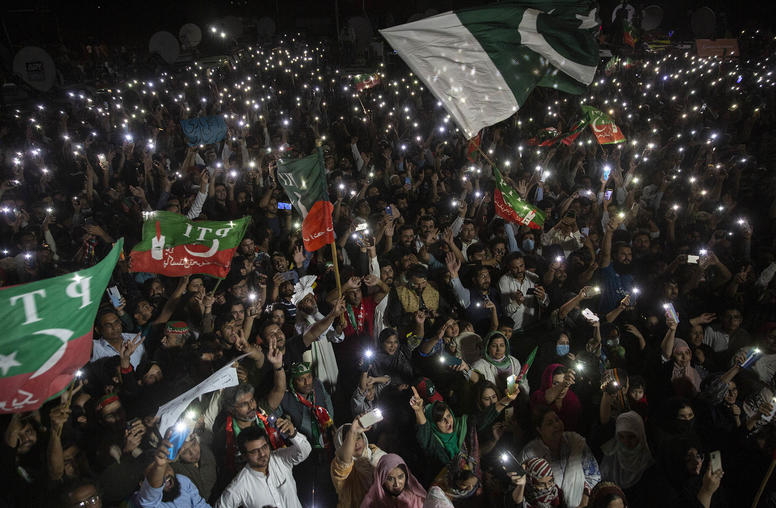
In Pakistan’s Crisis, Judicial, Military Roles Will Be Vital
Pakistan’s eruption into new political crisis this week elevates the risks — in South Asia and beyond — of instability in a nuclear-armed state that is also the world’s fifth most populous. The authorities’ arrest of former Prime Minister Imran Khan triggered a confrontation between his many supporters and Pakistan’s politically powerful military, which many Pakistanis say precipitated Khan’s detention. As U.S. policymakers monitor this still-unfolding crisis, a first useful step may be to carefully press Pakistani leaders to avoid any unlawful repression or military intervention.
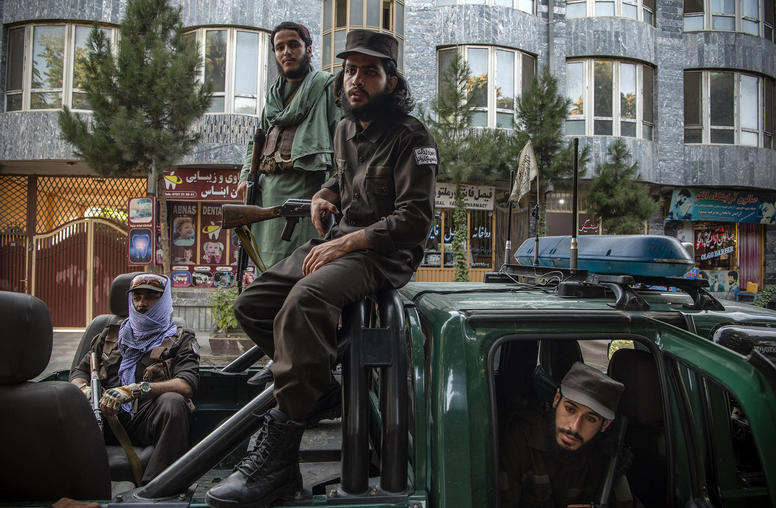
Afghanistan’s Crisis Requires a Coherent, Coordinated International Response
Over the past year, especially in recent months, the Taliban have made several missteps. The consequences are not a threat to their power in the short run but will damage their ability to govern as well as, potentially, their longer-term cohesion. Unfortunately, these missteps will harm the Afghan people much more, both directly and through their adverse impact on humanitarian aid.
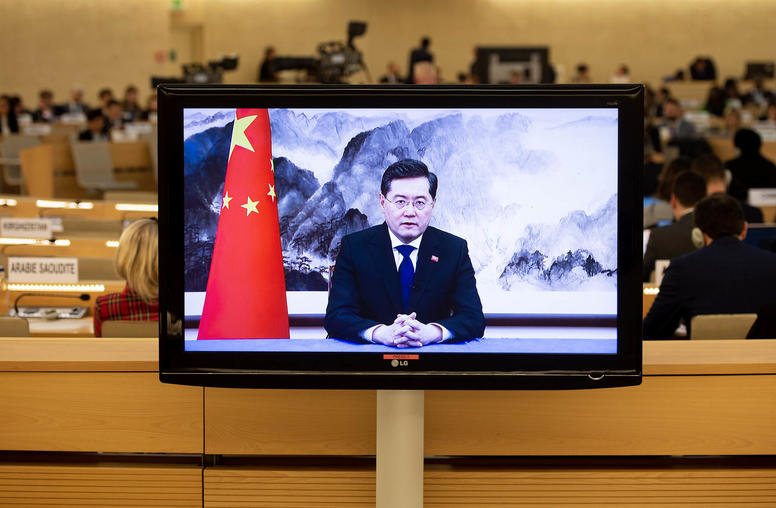
Five Takeaways from China’s Latest Diplomacy
China’s foreign minister, Qin Gang, has been on a whirlwind diplomatic tour in recent weeks, with high-profile meetings in Europe, Myanmar, Pakistan — where he also met with Taliban officials — and back home in Beijing with the U.S. ambassador to China. With U.S.-China relations as frosty as ever, Qin’s meeting with Ambassador Nicholas Burns signals that both sides want to manage better manage their differences. In Europe, Beijing is promoting its peace plan for Ukraine despite European concerns that Beijing is decidedly pro-Moscow. Meanwhile, amid crises in Afghanistan, Pakistan and Myanmar, China is wielding its clout to advance its own interests in spite of the implications for long-term stability.
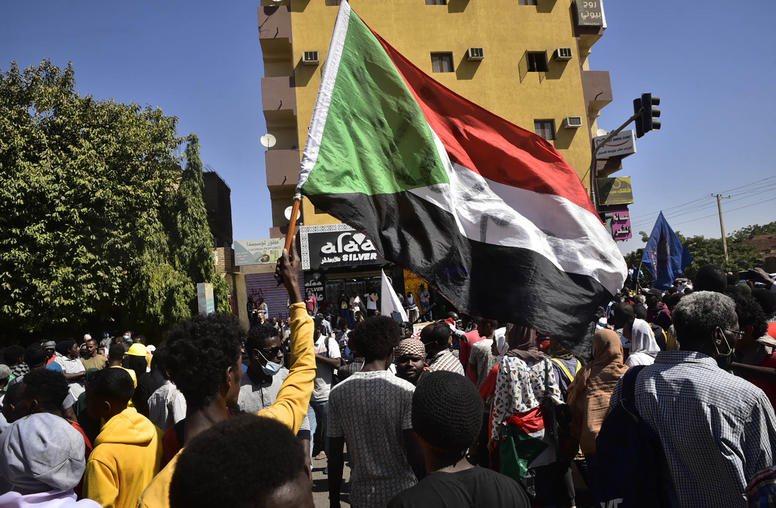
Sudan: Engage Civilians Now, Not Later
Over the last month, a series of cease-fires in Sudan have yielded minimal results. Fighting between the Sudan Armed Forces (SAF) and the Rapid Support Forces (RSF) has continued and even intensified in some places. While the capital Khartoum and areas surrounding key infrastructure remain the core battlegrounds, the clashes have spread into other parts of the country.
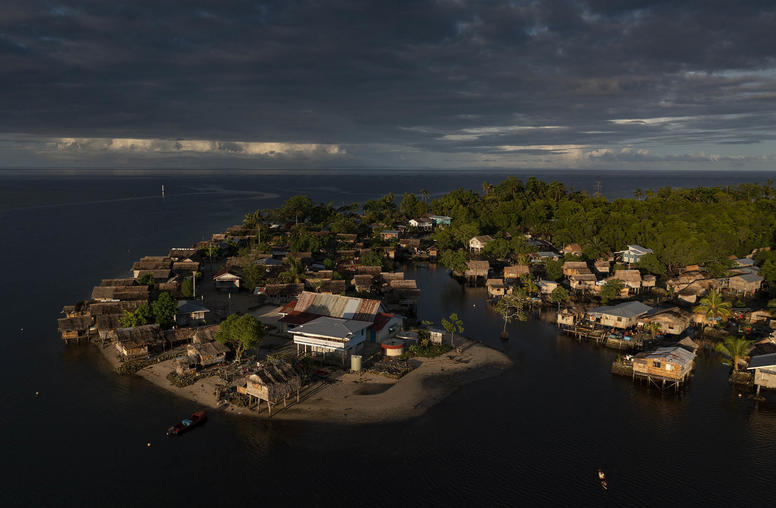
Pro-Taiwan Pacific Island Leaders Show Cracks in China’s Appeal
Most Pacific Island countries have formal diplomatic relations with Beijing. But at both the local and national level, some leaders are raising concerns about Chinese bribery, violations of sovereignty, clandestine intelligence operations and political interference in their countries, as well as the possibility that China may invade Taiwan. As Beijing forces its agenda on Pacific Island countries and competes with the United States for influence in the region, Washington should lead by example and build partnerships with the Pacific Islands that emphasize consulting with them as equals and focusing on areas of common interest, like climate change.
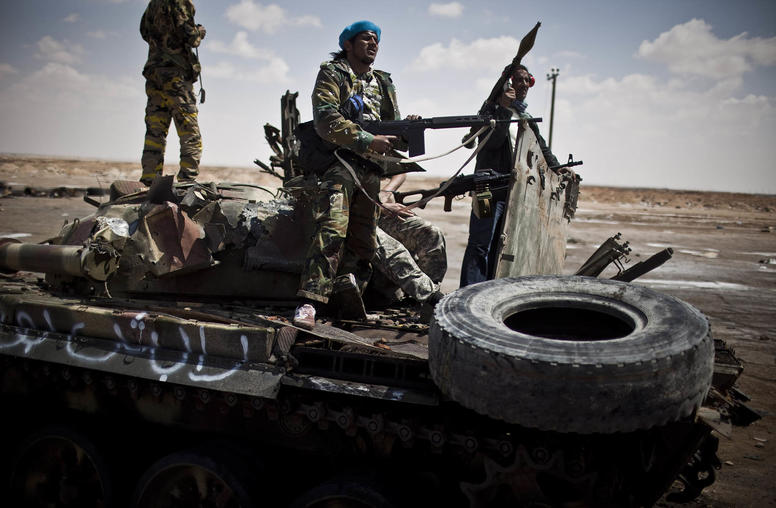
Libya Can Move Past Its Political Deadlock, But It Will Take Work to Maintain A ‘Deal’
Since 2012, multiple failed political transitions have taken their toll on the Libyan people. The continued and increasingly complex internal divisions and external vectors affecting Libya threaten to send it into another spiral of crisis and violence. Local and national leaders working in good faith to stabilize the country have inevitably grown cynical as ruling elites and their international partners fail to deliver local security and good governance.
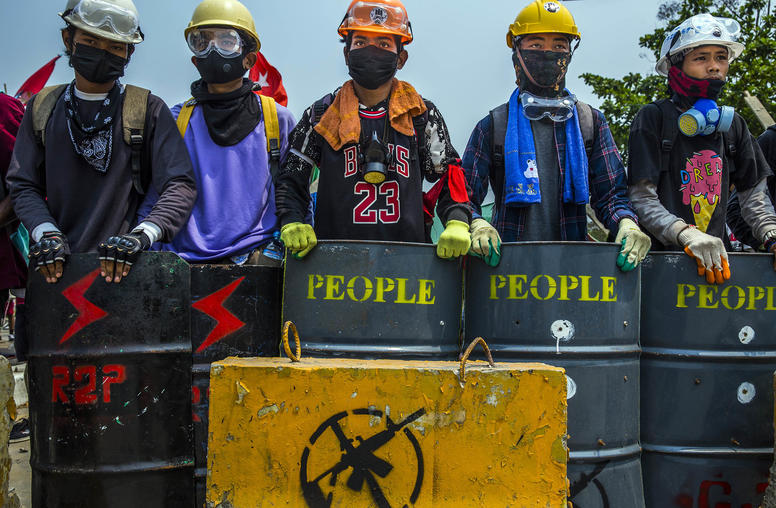
In Myanmar’s New Security Institutions, Power Should Be Community-Owned
Even as the civil war rages on, many pro-democracy groups in Myanmar have begun building their own governance and security institutions. As these new structures emerge, it’s important that they do not repeat the mistakes of the past.
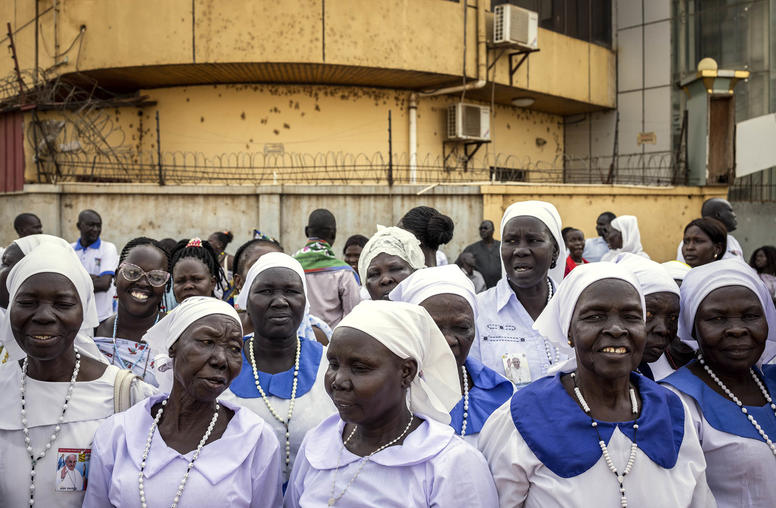
The U.S. Strategy for International Religious Engagement: 10 Years On
In 2013, the United States adopted its first ever “National Strategy on Integrating Religious Leader and Faith Community Engagement into U.S. Foreign Policy.” This White House strategy acknowledged the significant contributions of religious leaders and faith communities to human rights, global health and development, and conflict mitigation; and provided an interagency blueprint for integrating more robust engagement with religious actors across a broad range of foreign policy and national security issues. A decade later religious engagement remains a vital but underdeveloped capacity in U.S. foreign policy, and the strategy’s 10th anniversary offers a natural opportunity to revitalize strategic thinking and spur new action on this agenda.
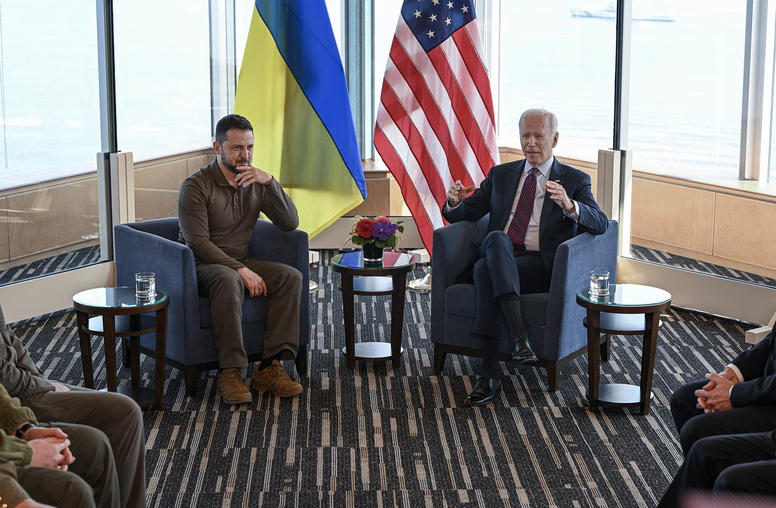
The United States Should Lead the Push for Peace in Ukraine
Recent weeks have witnessed several calls for peace in Ukraine. Ukrainian President Zelenskyy just wrapped up appearances at the G7 Summit and the Arab League, urging support for his country’s peace plan. China recently followed up the release of its February 2023 peace plan by sending its top diplomat, Wang Yi, on a European tour and dispatched peace envoy Li Hiu last week to Ukraine, Poland, Germany, France and Russia. At no time since Russia’s invasion of Ukraine, has there been so much momentum toward a peaceful resolution to the conflict in Ukraine. The United States should seize this opportunity to play a leading role.
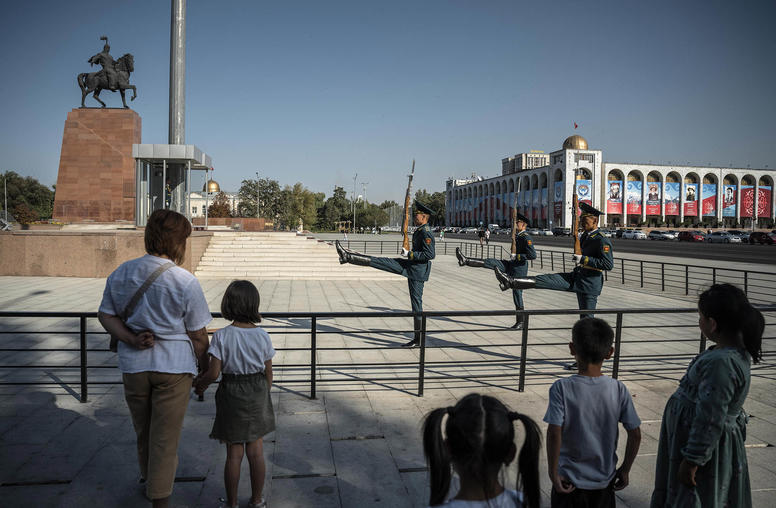
China Looks to Fill a Void in Central Asia
As the Group of Seven met at the end of last week in Hiroshima, Japan, China organized a summit with Kazakhstan, Kyrgyzstan, Tajikistan, Turkmenistan and Uzbekistan, marking a new chapter in Beijing’s engagement with the region. Central Asian states are looking for a new partner to help ensure their own security against domestic rebellions, as Russia’s war in Ukraine has limited Moscow’s ability to fulfill a longstanding role as a guarantor of domestic stability in the region. While most of the summit’s public discussion focused on economic and trade issues, China noted that it would help Central Asia enhance it’s law enforcement and security capabilities, which aligns with Beijing’s intensifying campaign for “global security.”